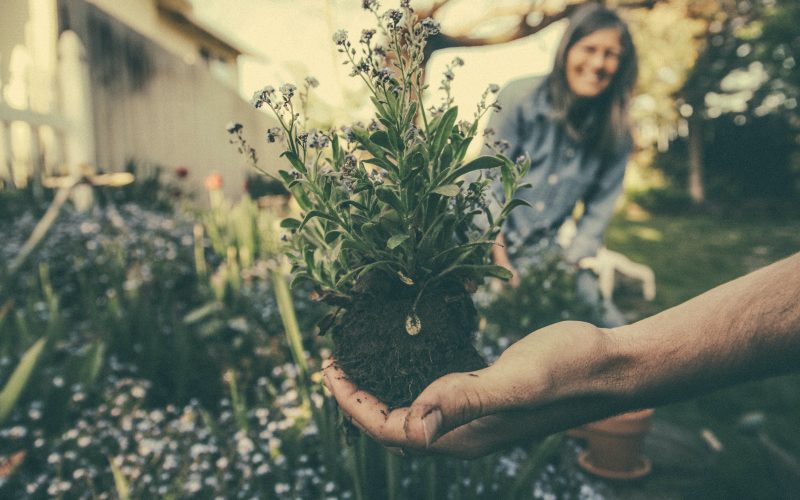Gardening is a wonderful way to connect with nature and enjoy the beauty of the outdoors. However, traditional gardening practices can have a negative impact on the environment. From using chemical fertilizers and pesticides to wasting water, there are many ways that gardening can harm the planet. Fortunately, there are also many ways to garden sustainably and reduce your environmental impact. In this article, we’ll explore some tips and techniques for sustainable gardening.
Choose Native Plants
One of the best ways to garden sustainably is to choose native plants. Native plants are adapted to the local climate and soil conditions, which means they require less water, fertilizer, and maintenance than non-native plants. They also provide habitat for local wildlife, which can help to support biodiversity. When selecting plants for your garden, look for species that are native to your region.
Use Organic Fertilizers
Chemical fertilizers can be harmful to the environment, as they can leach into groundwater and pollute nearby waterways. Instead of using chemical fertilizers, opt for organic fertilizers. Organic fertilizers are made from natural materials, such as compost, manure, and bone meal. They provide nutrients to plants without harming the environment.
Practice Integrated Pest Management
Pesticides can also be harmful to the environment, as they can kill beneficial insects and pollute waterways. Instead of using pesticides, practice integrated pest management (IPM). IPM involves using a combination of techniques to control pests, such as planting pest-resistant varieties, using physical barriers, and introducing natural predators. By using IPM, you can control pests without harming the environment.
Conserve Water
Water is a precious resource, and it’s important to conserve it in the garden. One way to conserve water is to use a drip irrigation system. Drip irrigation delivers water directly to the roots of plants, which reduces water waste. You can also collect rainwater in a barrel and use it to water your plants. Finally, choose plants that are adapted to your local climate and soil conditions, as they will require less water than non-native plants.
Reduce Waste
Gardening can generate a lot of waste, such as plant trimmings and soil. Instead of throwing these materials away, compost them. Composting is a natural process that turns organic materials into nutrient-rich soil. By composting, you can reduce waste and improve the health of your garden.
Conclusion
Sustainable gardening is an important way to reduce your environmental impact and support biodiversity. By choosing native plants, using organic fertilizers, practicing IPM, conserving water, and reducing waste, you can create a beautiful and sustainable garden. So, get out there and start planting smart!












